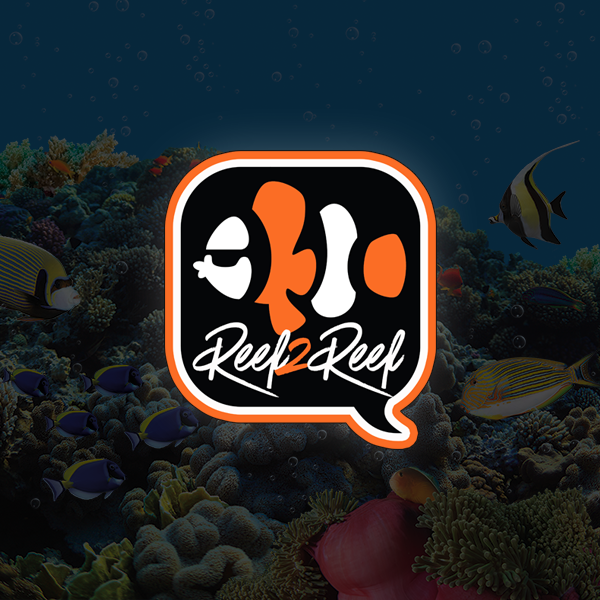I've seen it said that after a certain length of time if nothing is added to the tank, an ich infestation will burn itself out. Any truth to that?
Aside from fallow periods where NO fish are in the tank, ich tends to persist for long periods as a sub-acute infection. Just how long that can be, nobody knows for sure. I've had one case in a large 900 gallon reef, where I employed Ich Management and it went into remission after about 4 months and we never saw it again (the tank was dismantled about 8 years later). In other reports, ich infections have been seen to return in tanks up to at least a year....
Here is the thread on fallow periods:

45 Day Fallow periods
I've been doing some research into the "76 day fallow period". I never heard of that prior to coming to Reef2Reef this past summer. I had always used 32 days as the maximum time for a tomont to remain viable under tropical conditions, and then I would round up to 45 days to help ensure that...
 www.reef2reef.com
www.reef2reef.com
Jay






















